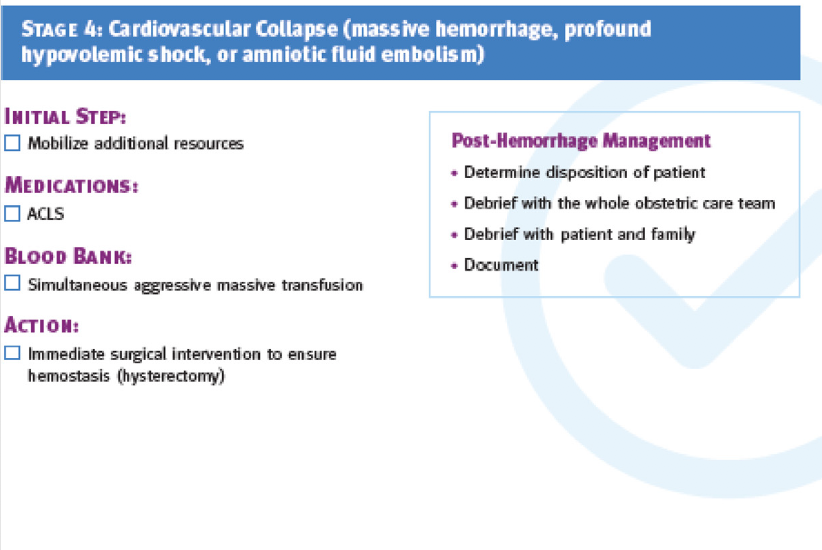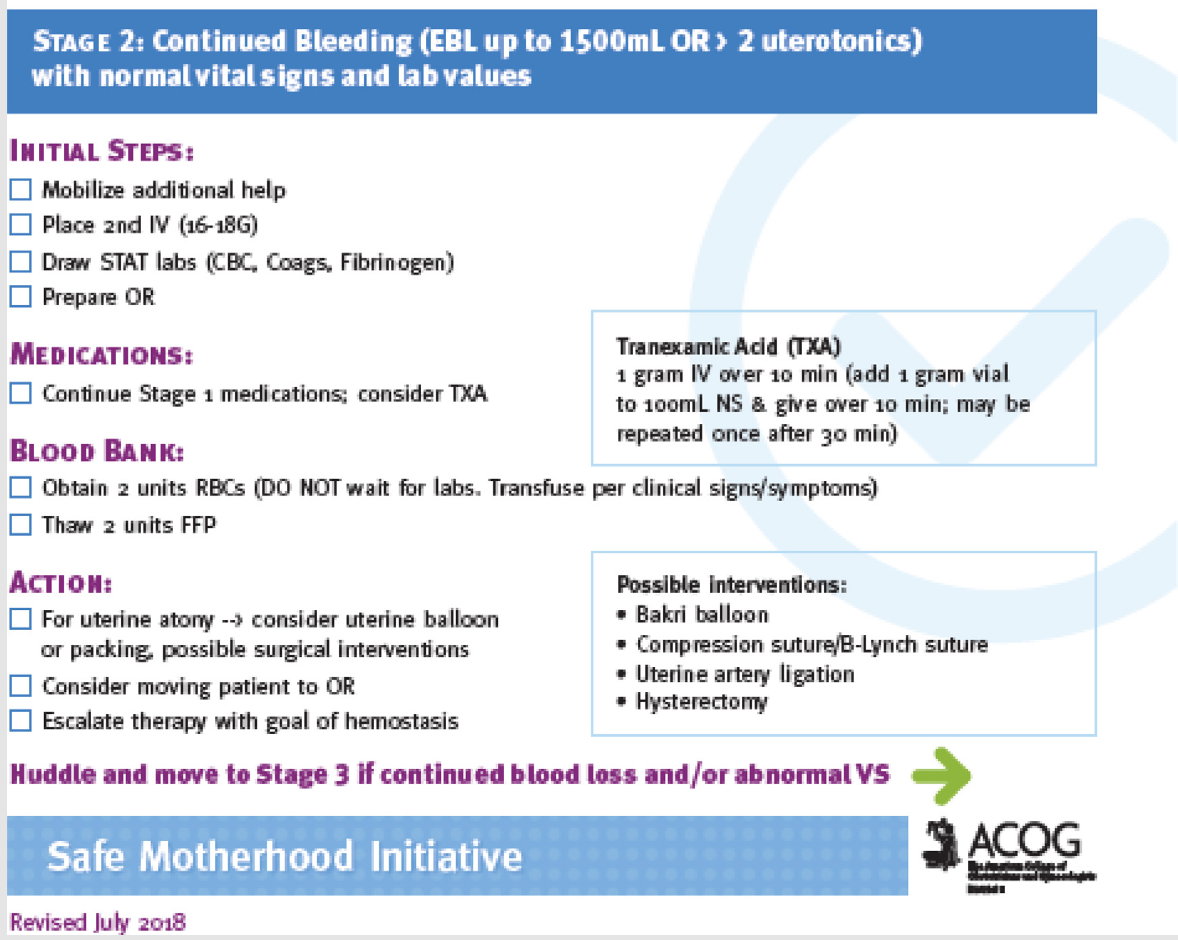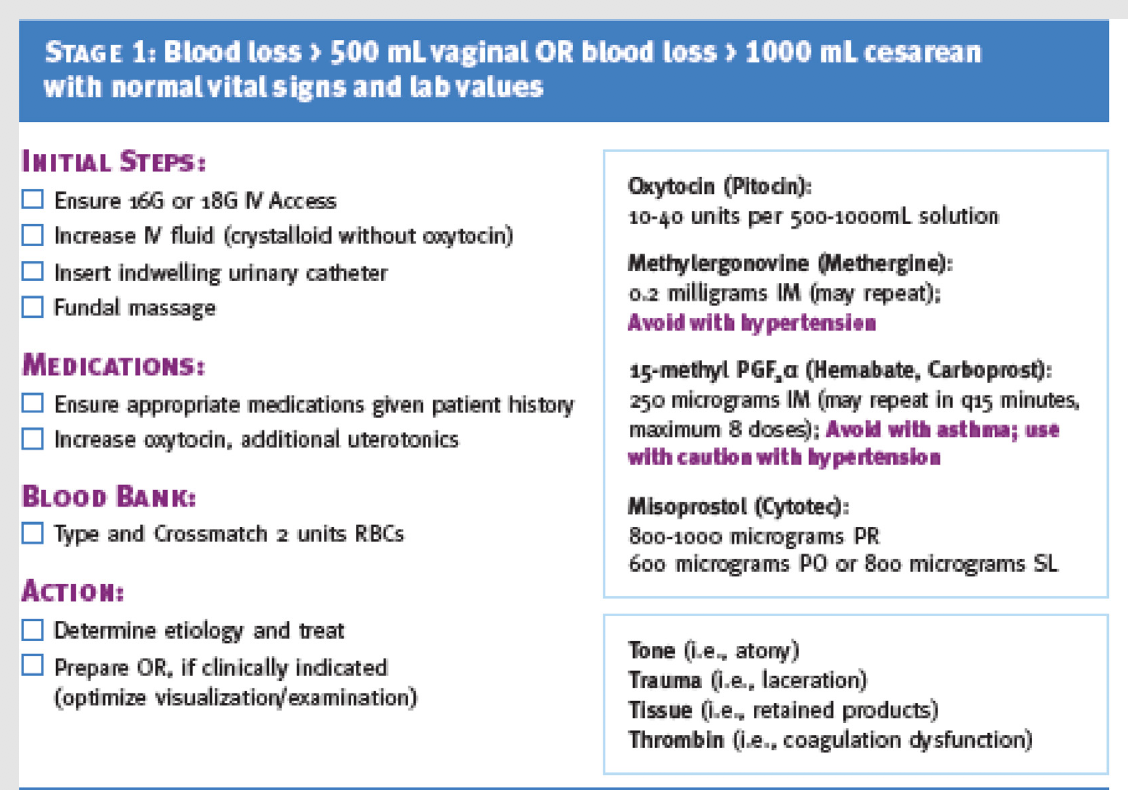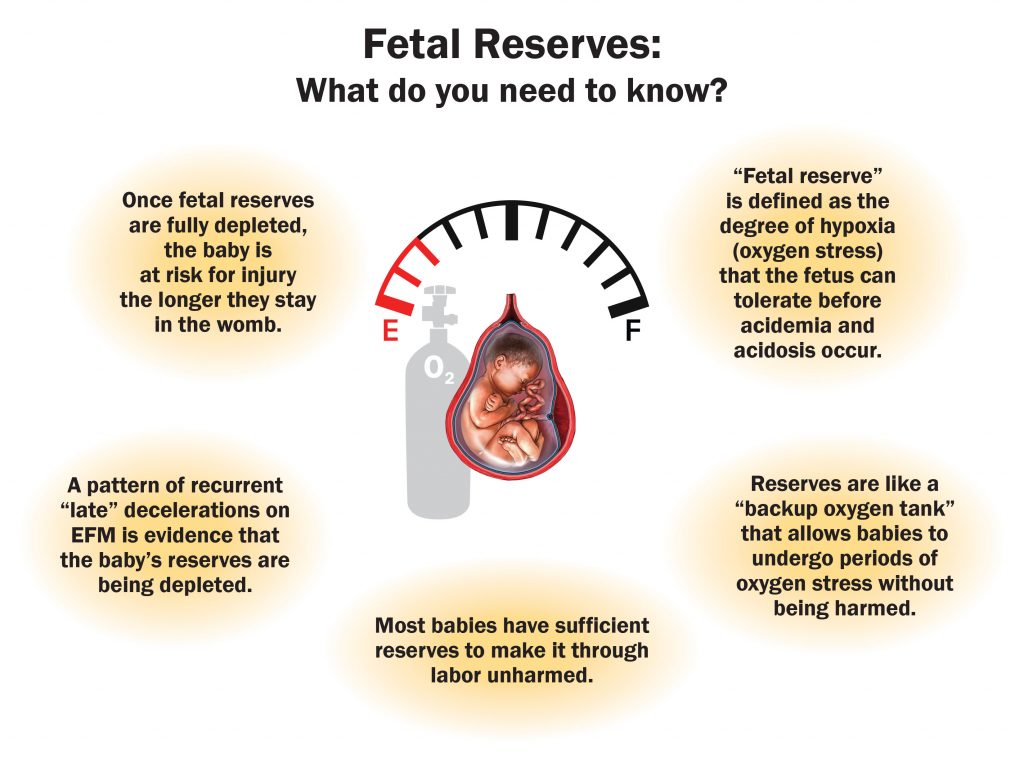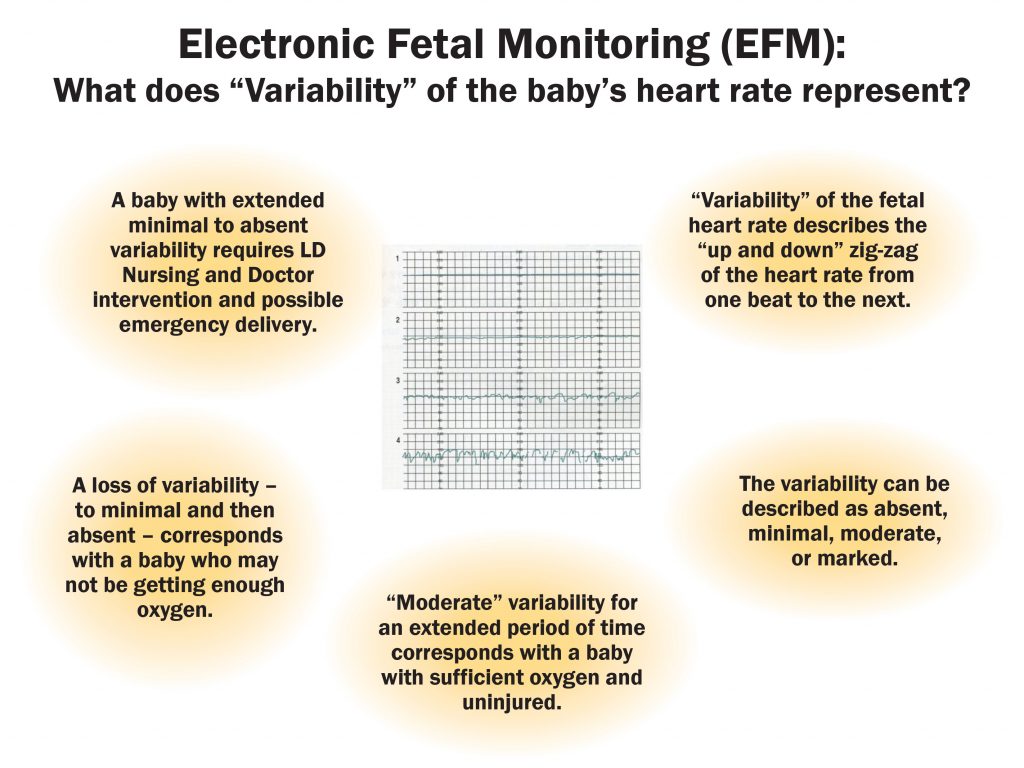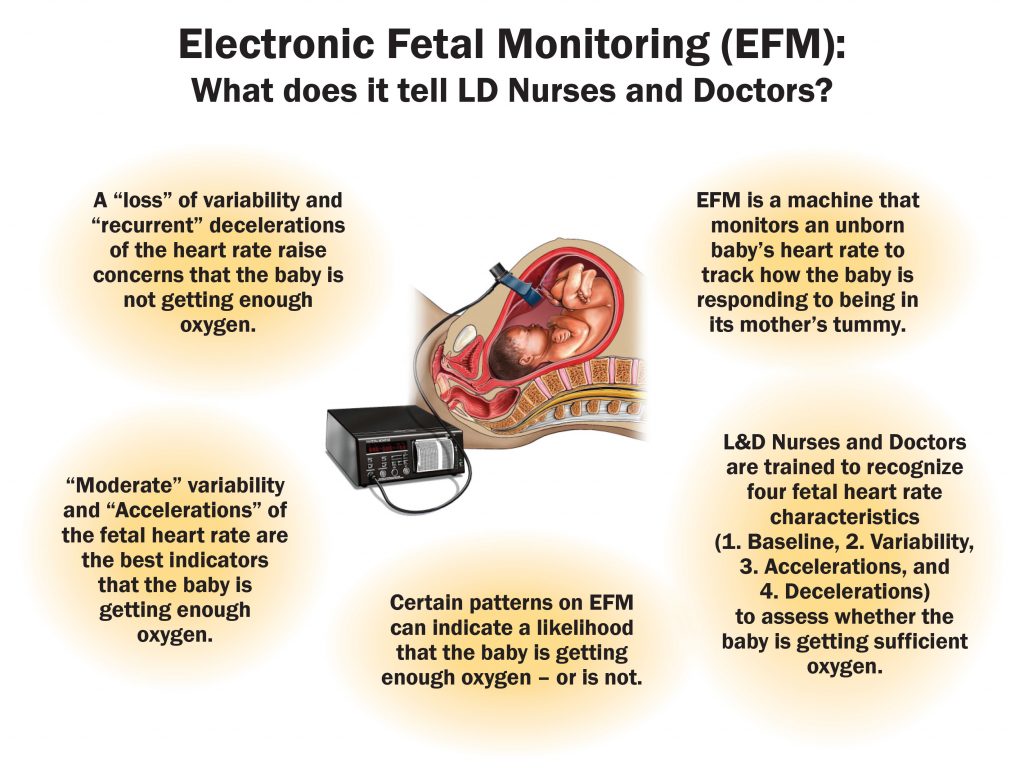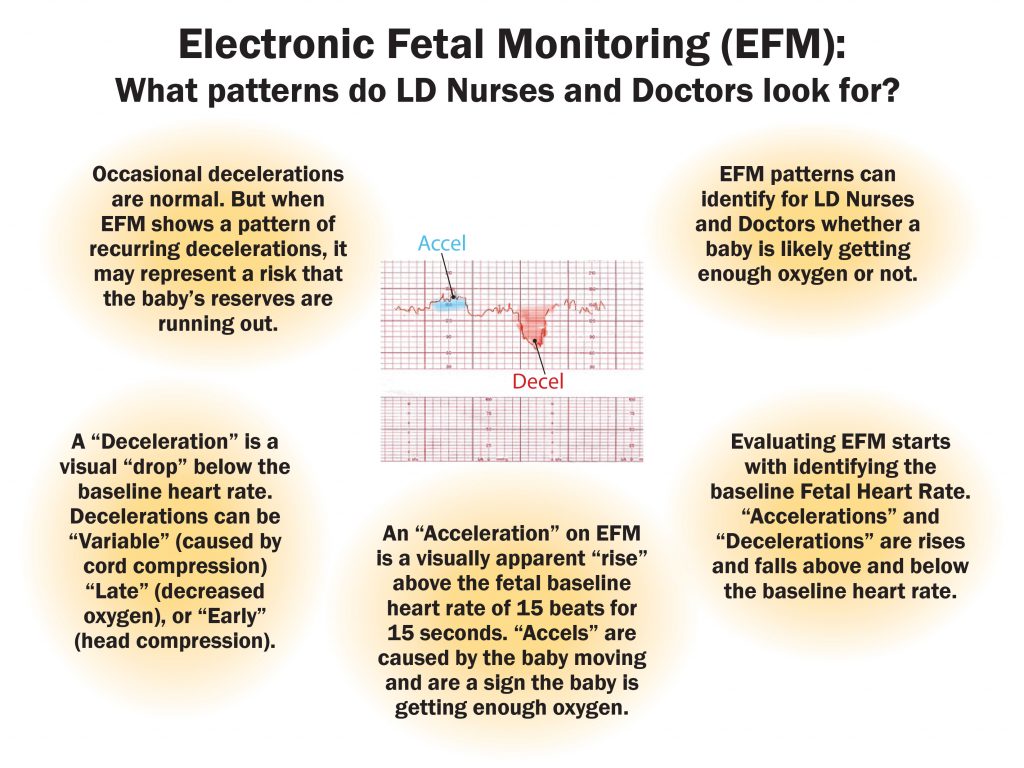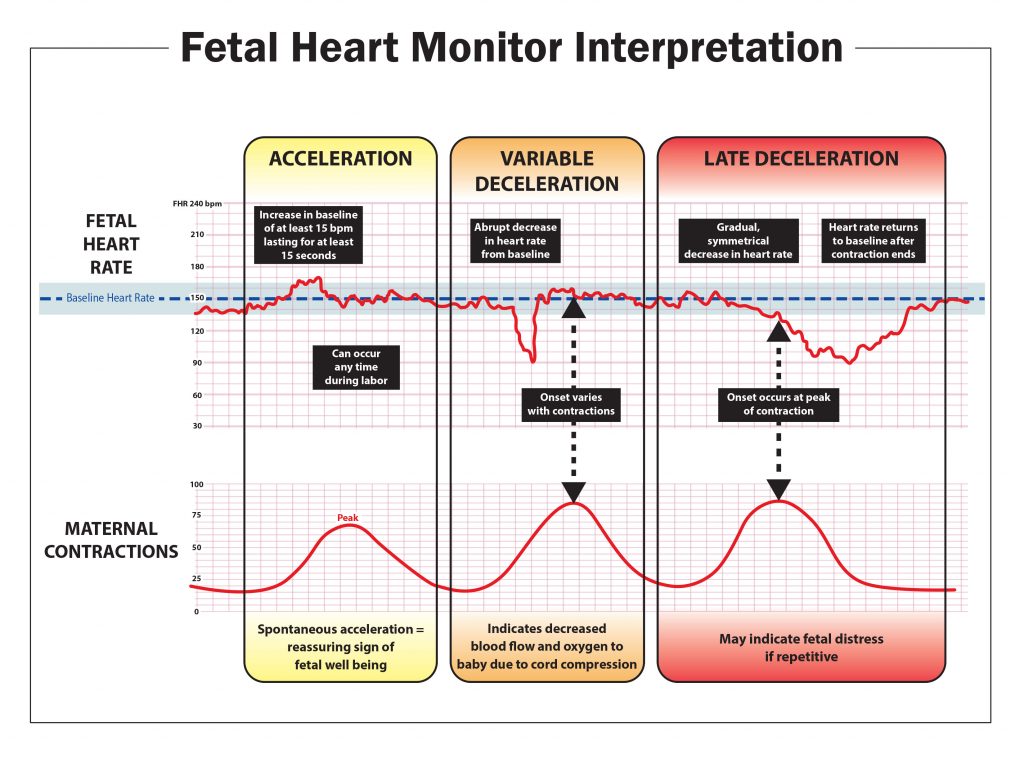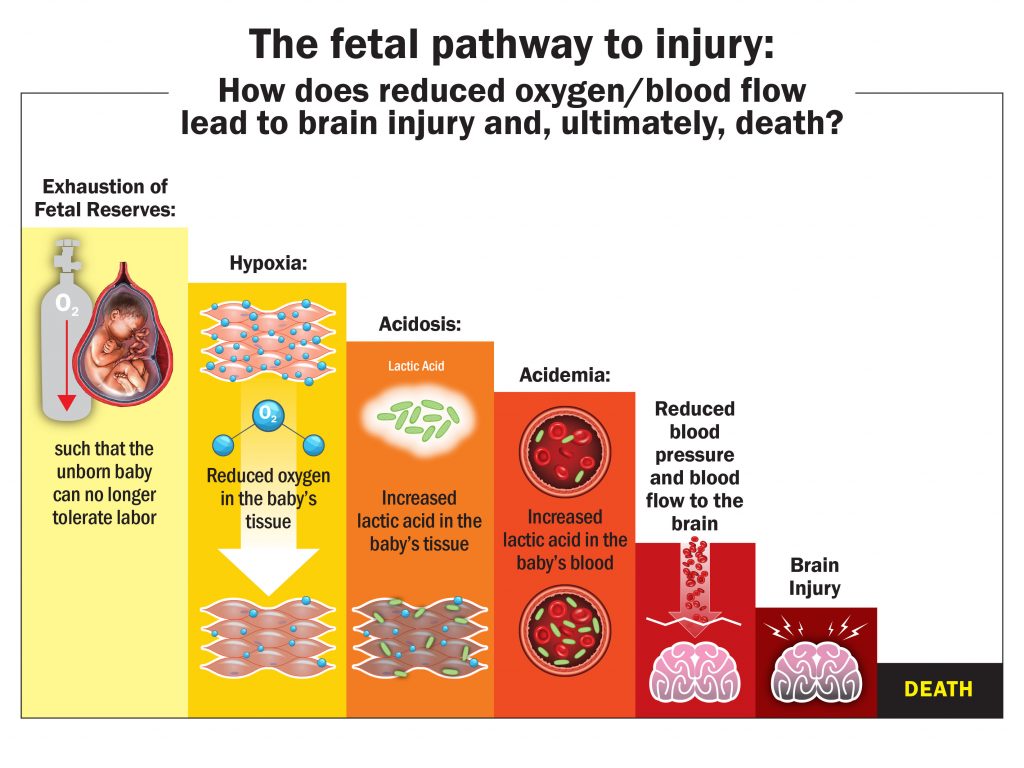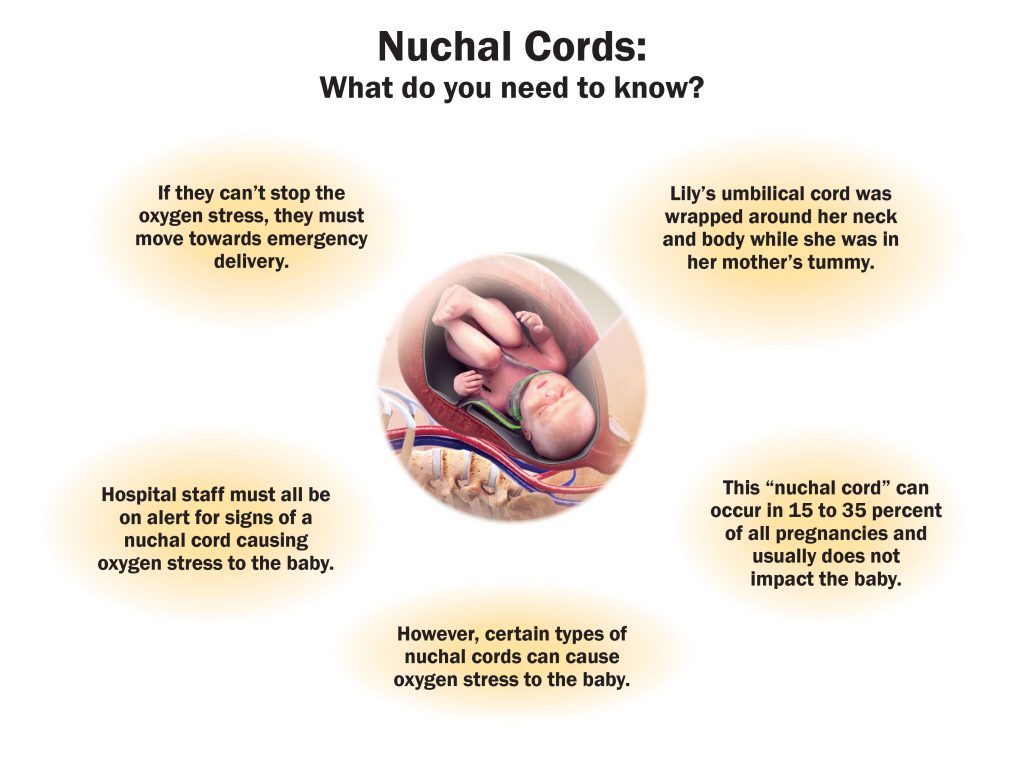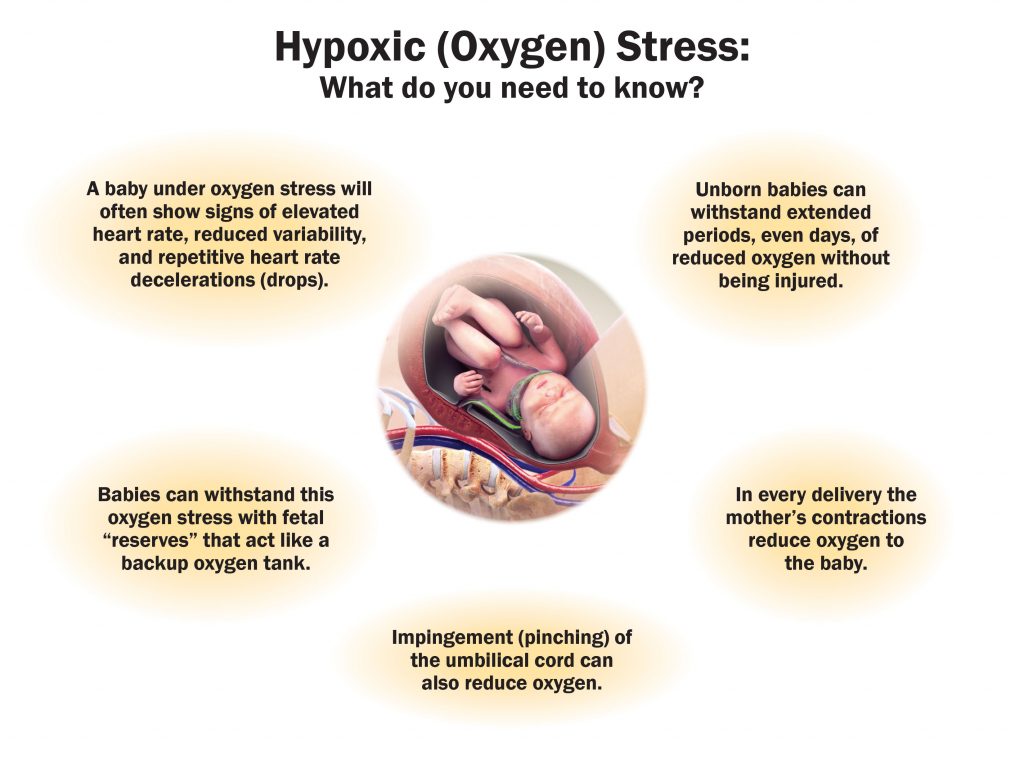 Here at Tyrone Law Firm, we do everything we can to help families who have children with special needs. In fact we have dedicated members of our staff who have had to navigate a path for their own children. If you are a parent with a child with Cerebral Palsy or hypoxic brain injury, we hope these posts will bring you new resources for you, your child, and your family:
Here at Tyrone Law Firm, we do everything we can to help families who have children with special needs. In fact we have dedicated members of our staff who have had to navigate a path for their own children. If you are a parent with a child with Cerebral Palsy or hypoxic brain injury, we hope these posts will bring you new resources for you, your child, and your family:
As a parent, we know that you want what is best for your child. Navigating through the school system can be challenging at times. If your child has suffered a birth injury and has delays or disabilities and attends special education in the public school system, they will have an Individualized Educational Plan (IEP). This is a plan developed to ensure that a child who has a disability receives specialized instruction and related services. An IEP is based upon individual needs and is constructed specifically for each child.
When creating an IEP, parents and school staff will meet and asses the specific needs for your child. Parents will receive written notice prior to the meeting, to ensure they can attend if desired. If the school or teacher suggests a time that does not work for you, let them know as you are a very important part of your child’s education. IEPs are good for one year and set out goals for the benefit of the child.
IEPs have certain criteria that must be met. Teachers along with school therapists (speech, ot, pt, etc.), will evaluate your child’s abilities and needs. They will take in to consideration, your child’s present level of performance, evaluations, the functional, developmental and academic needs of your child, and the disability’s impact on the progress of your child in the general curriculum. They will make a statement of measurable annual goals for your, how your child will participate in state and local assessments and the support and necessary accommodations that your child needs for instruction. Teachers, along with school staff and specialists if needed, determine how your child will participate in general and special education. Some students will have specials with general education if they can benefit from it. Children with disabilities, such as cerebral palsy, may benefit from OT or PT during school hours. Children with speech delays from a brain injury, may qualify for speech therapy during school. The need for Speech, Occupational Therapy, and Physical Therapy may be assessed and included in your child’s IEP.
Under an IEP, your child may qualify for the Extended School Year (ESY). A lot of children benefit from the extra few weeks during summer. This gives a little more time to meet goals and work on progress. Once the components of an IEP are completed, the team will consider where and how the services can be provided. Services should be offered in the least restricted environment (LRE). Your child’s IEP will also have transition plans for elementary to middle school and middle to high school. This is a great time for you to discuss your concerns with transitioning with your child’s teacher.
As a parent, you want to be prepared for your child’s IEP meeting. It is beneficial to write down any questions you may have prior to the meeting, this way you don’t forget. Always remember that there is no thing as a stupid question. Prior to your meeting, think of a few goals of your own that you may want help with accomplishing, such as name recognition or knowing a parents telephone number, as some things may be more important to you than others. Stay involved during your child’s IEP meeting, ask questions and make suggestions.
After an IEP meeting, your child’s IEP will be drafted and sent home for review. It is ok to suggest changes if something is not written as you expected. Ask for and keep copies of every IEP at home for later review and comparison. Although your child’s IEP is evaluated and changed annually to assess their growth and needs, remember that changes can be made at any time. You do not have to wait 12 months to make a change.
If you would like to know more about Individualized Education Plans (IEP) or other means of navigating the public school system, please contact the Tyrone Law Firm. If our firm can ever help you or someone you know with resources for you, your child or family, please don’t hesitate to contact us.




 Hayley serves as a Labor and Delivery Nurse Consultant for the Tyrone Law Firm. She attended and graduated Cum Laude from the University of Georgia in 2004 with a Bachelor of Arts degree in Journalism/Public Relations. After graduation she moved to the gulf coast where she pursued a career in real estate and development.
Hayley serves as a Labor and Delivery Nurse Consultant for the Tyrone Law Firm. She attended and graduated Cum Laude from the University of Georgia in 2004 with a Bachelor of Arts degree in Journalism/Public Relations. After graduation she moved to the gulf coast where she pursued a career in real estate and development.
